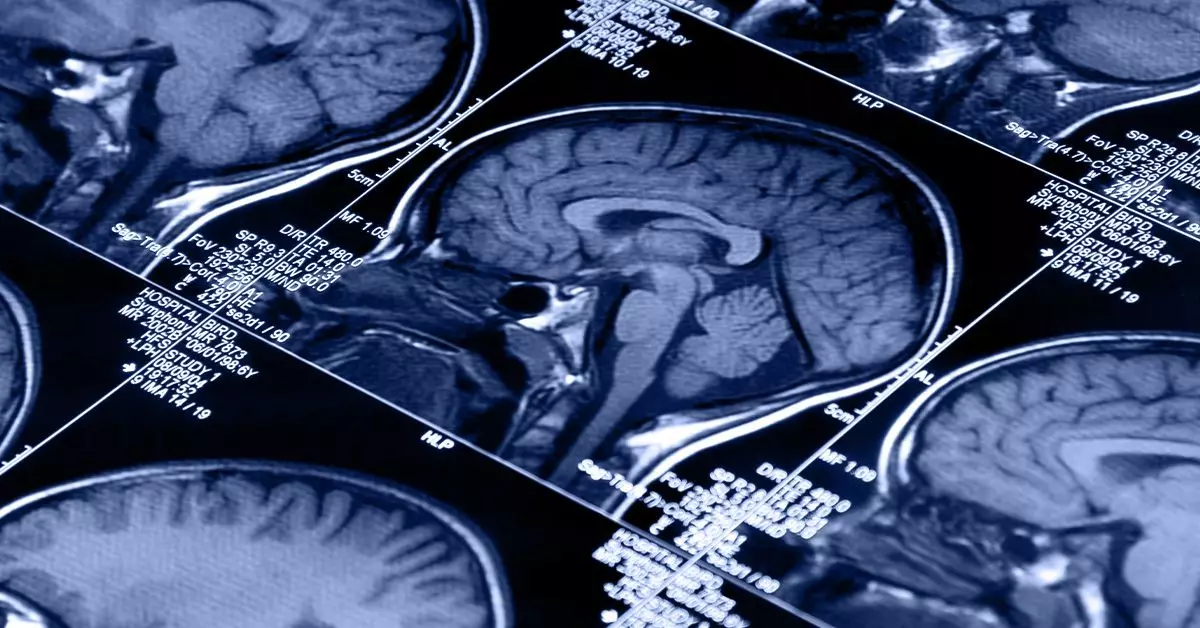The term “Temporal Lobe Attention Deficit Disorder” (ADD) has emerged from discussions surrounding attention deficit hyperactivity disorder (ADHD), but it does not hold any legitimate scientific backing. Medical professionals have pointed out that labeling this condition as a subtype of ADHD is misleading. Although some practitioners claim that temporal lobe ADD specifically affects the brain’s temporal lobe and is characterized by challenges in learning, emotional regulation, and memory, these traits are already encompassed within the broader ADHD diagnosis. Thus, the advocacy for distinct subtypes, including temporal lobe ADD, does more to muddy the waters than clarify them.
Dispelling the notion that temporal lobe ADD is a valid diagnosis requires an understanding of the current frameworks set by the medical community, which recognizes ADHD as a singular condition with varying presentations, rather than fragmented subtypes fueled by anecdotal evidence.
The Limits of Current Research
While some research has suggested alterations in the temporal lobe of individuals diagnosed with ADHD, the findings do not offer substantive proof for the subdivision into unique types. A notable study published in 2020 observed changes in the temporal lobe of children diagnosed with ADHD; however, these variations were not exclusive to a specific subgroup. Furthermore, the small sample size—just 40 children—restricts the ability to draw comprehensive conclusions.
Until a more extensive body of empirical research emerges, claiming temporal lobe ADD as a distinct entity is premature. The existing studies highlight ADHD’s complexity but do not provide evidence to substantiate any subdivisions that might suggest an isolated subset of symptoms linked solely to the temporal lobe.
Unpacking the Symptomatology
Proponents of temporal lobe ADD argue that this condition leads to a myriad of symptoms, many of which overlap significantly with the well-documented characteristics of ADHD. Memory issues, emotional dysregulation, and heightened sensitivity to rejection are already recognized in ADHD literature as core components of the disorder. By trying to delineate a separate syndrome that does not exist, advocates may inadvertently mislead patients seeking genuine understanding and support.
Furthermore, some of the proposed “unique” symptoms of temporal lobe ADD—such as paranoia or hallucinations—fall outside the recognized spectrum of ADHD and indicate underlying mental health crises. Symptoms like these require urgent attention from qualified professionals, rather than being relegated to a non-evidence-based disorder like temporal lobe ADD.
Questionable Causes and The Role of Genetics
In discussing the potential origins of whatever existence temporal lobe ADD posits, many claims center around speculative factors, including genetics, environmental toxins, and lifestyle choices. While genetics do play a significant role in ADHD—research indicates up to an 80% heritability rate—there is not sufficient evidence to support a direct correlation between processed foods, inactivity, or screen time with the disorder’s onset. More critically, the age-old debate about the role of external influences in neurodevelopment must proceed with caution, particularly when it concerns the health of children. Misattributing ADHD’s causes to peripheral activities jeopardizes the understanding and support necessary for those affected.
The void of scientific evidence leaves room for misleading narratives. Without rigorous studies backing the claims about the causes of temporal lobe ADD, there is a danger that unsupported theories are causing more confusion among patients and families than they solve.
Navigating Treatment Options
Another area where confusion reigns is in the treatment protocols suggested for temporal lobe ADD. Many individuals may turn to dietary changes, behavioral therapy, exercise, or even herbal remedies derived from unverified sources in hopes of addressing their symptoms. This piecemeal approach not only dilutes the pursuit of effective, evidence-based treatment for ADHD but may also expose individuals to unnecessary risks, particularly when self-treating serious symptoms without professional oversight.
Those experiencing more severe emotional distress should avoid relying on unproven remedies. Distinguishing ADHD treatment—rooted in behavioral and pharmacological options—from unsupported practices is essential. Engaging with professionals trained in ADHD assessment is vital for anyone suspecting they may have ADHD or similar conditions. Mental health professionals can offer comprehensive evaluations, ensuring patients receive the necessary support for their specific situations.
In the end, while understanding the complexities of ADHD is essential, the propagation of terms like temporal lobe ADD serves only to confuse rather than clarify. Awareness and ongoing research are crucial for validating the experiences of individuals with ADHD, allowing for more informed, compassionate, and effective responses to a disorder that is far too often misunderstood.

